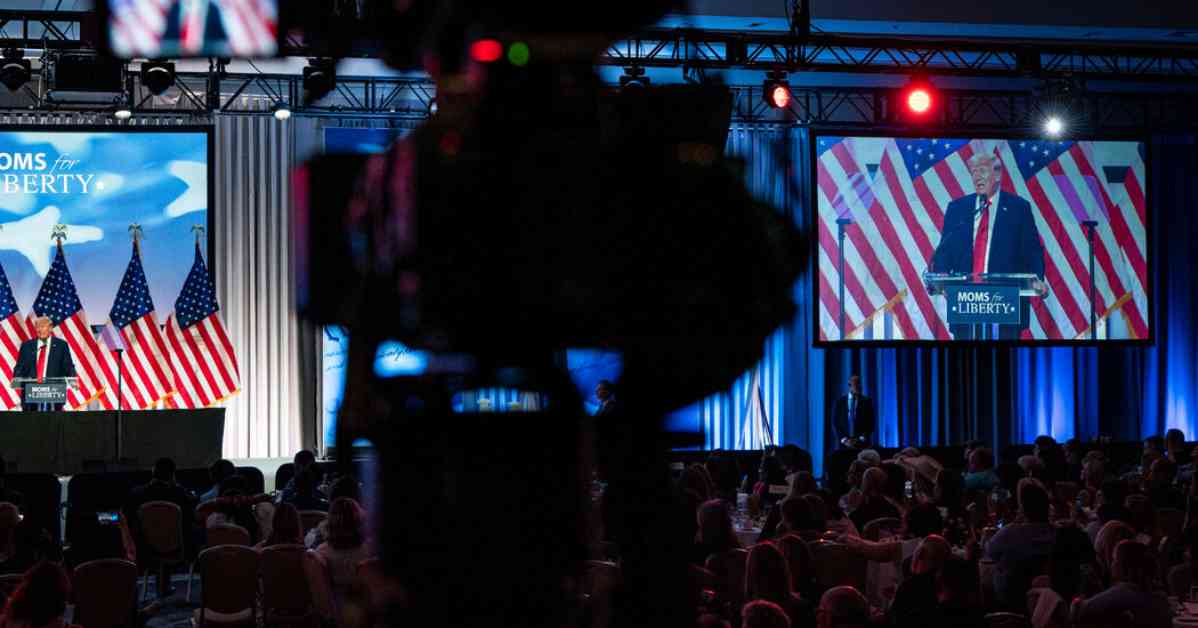Trump’s Influence on Parents and the Culture Wars
Former President Donald J. Trump is scheduled to speak at a Moms for Liberty conference, a conservative activist group aligned with his education platform. The group advocates for stricter classroom discipline, vouchers for private school tuition, and home-schooling costs. They also aim to ban certain books and reduce funding to schools promoting progressive ideas on gender and race, potentially leading to the closure of the federal Department of Education.
Trump’s engagement with Moms for Liberty reflects his focus on cultural divides surrounding gender, parenting, and education. However, recent indications suggest that voter fatigue may be setting in, raising doubts about whether social issues in schools continue to galvanize voters. Julie Marsh, a professor at the University of Southern California, notes that some parents are becoming disenchanted with the rhetoric surrounding these contentious topics.
Trump’s Strategies and Provocative Ideas
During his previous appearance at the Moms for Liberty conference, Trump vowed to “liberate our children from the Marxist lunatics and perverts” within the education system. His upcoming speech in Washington, D.C., marks his second address to the group since its founding in 2021. Trump has endorsed the group’s stance and proposed controversial initiatives, such as allowing parents to elect principals and establishing an alternative credentialing body for teachers who uphold “patriotic values.”
These strategies align with Trump’s overarching narrative of reclaiming traditional values and combatting what he perceives as leftist influences in schools. By championing parental empowerment and emphasizing the importance of instilling patriotic ideals in education, Trump seeks to rally his base around culturally charged issues.
Evaluating the Impact of Trump’s Messaging
As Trump continues to amplify his message on parental rights and educational reform, the question remains: is his influence on the culture wars diminishing? Analysts are divided on this issue, with some suggesting that parents are growing weary of the divisive rhetoric and policy proposals. The tension between addressing legitimate concerns about education and veering into polarizing territory may shape how voters respond to Trump’s messaging in the long run.
Moreover, the intersection of politics, education, and parental involvement underscores the complexity of navigating the cultural landscape. While some may resonate with Trump’s calls for reclaiming control over children’s education, others may view his approach as overly confrontational and exclusionary. Balancing these perspectives is crucial in understanding the evolving dynamics of the culture wars and their impact on broader societal values.
In conclusion, Trump’s engagement with parents and the culture wars embodies a broader debate over the role of education in shaping societal norms. By addressing issues of discipline, curriculum content, and parental involvement, Trump seeks to galvanize support among his base while also sparking contentious discussions about the future of education in America. As the political landscape continues to evolve, the influence of Trump’s messaging on parents and the culture wars remains a topic of ongoing scrutiny and debate.




















